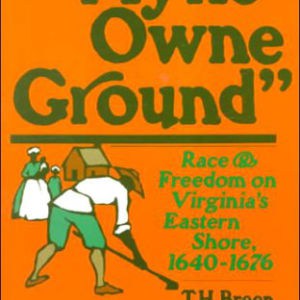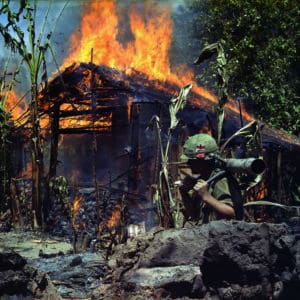Excerpt:
In a 1979 article for the journal Commentary, Former UN Ambassador Jeanne Kirkpatrick states that there is a belief among educated Americans that the U.S. can transform any autocracy in the world into a democracy.[1] This has evolved into somewhat of an ideological mandate in recent years (Bush 43 Administration) to push democracy onto other countries overtly. Even Kirkpatrick does not go against this notion. She does indicate, however, that timing and type of autocracy are important to achieve U.S. interests. In other words, she prefers to deal with less violent authoritarian governments than revolutionary governments. There are two key fundamental flaws to this neocolonial realism: the definition of what democracy is to Latin American people and the destabilization manifested from rapid democratization attempts by the United States.




